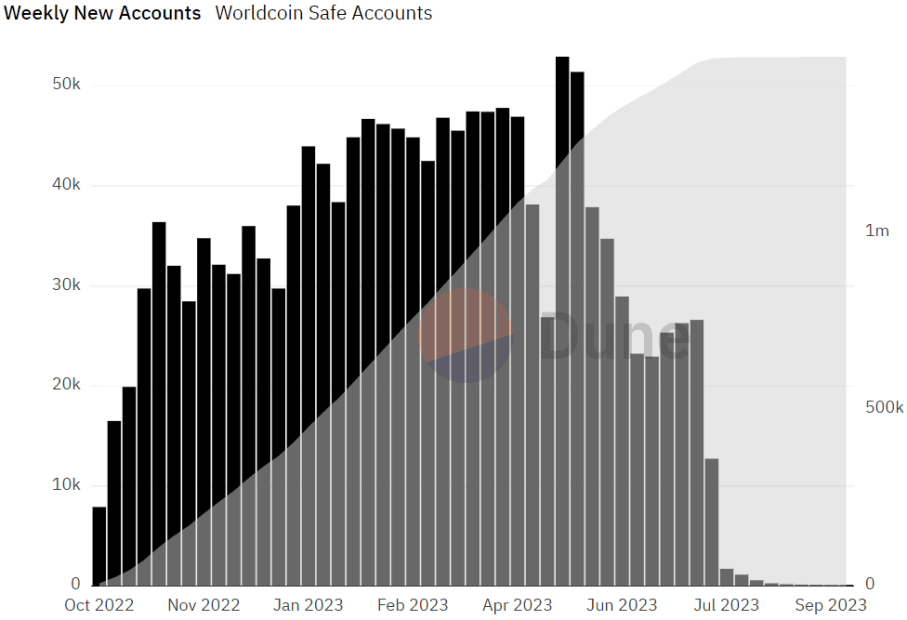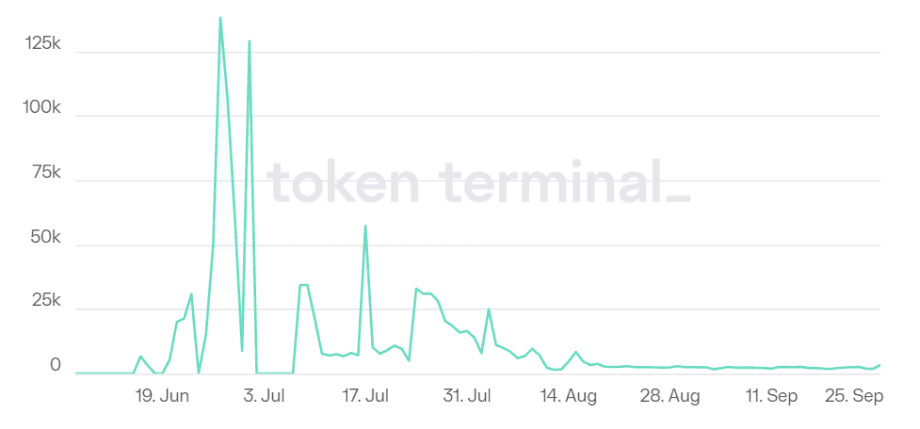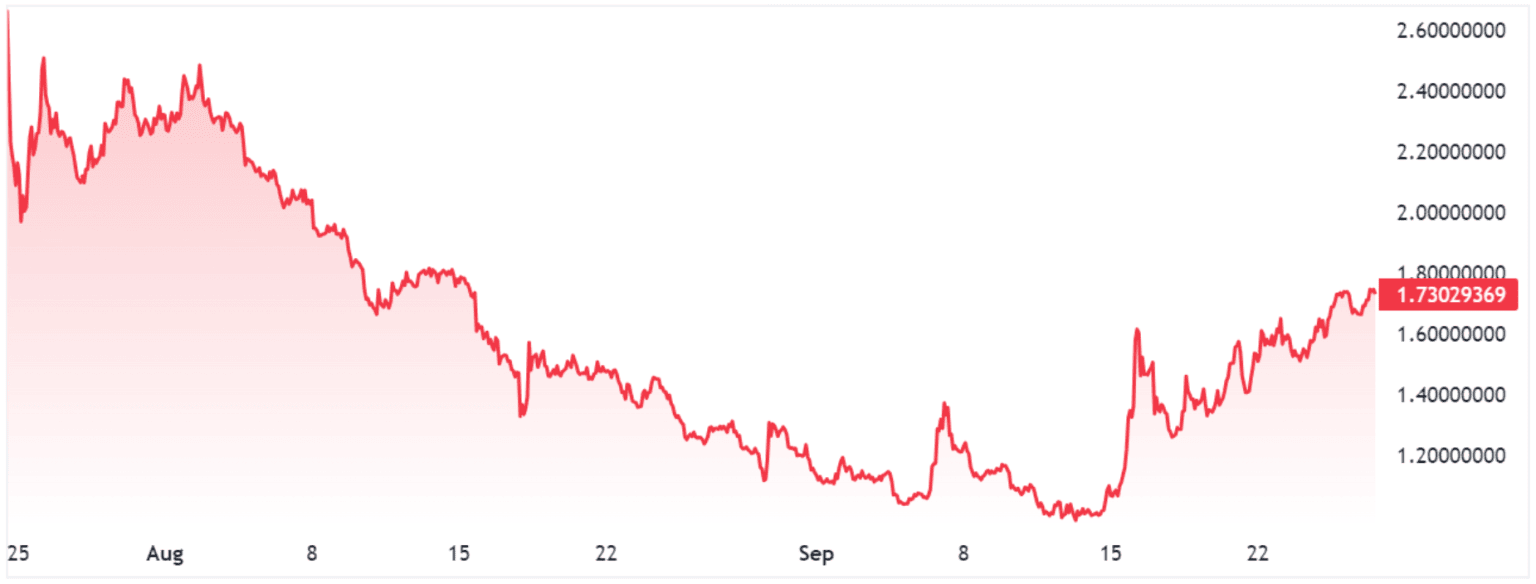News - Has Worldcoin already failed?
Mark Zuckerberg may be smiling a little. With Worldcoin, Open AI boss Sam Altman has seemingly done from scratch what Meta, then Facebook, failed to do for years with Project Libra: A cryptocurrency for the masses, distributed through a global registration system. Two months after its launch, the optimistic mood is slowly fading. Not only in Germany are authorities scrutinizing the ChatGPT inventor's crypto project, while growth is slowly but surely leveling off. The conclusion so far: Instead of a breath of fresh air, a gentle breeze. Is the crypto revolution over yet?
With a beginning...
Of all the large-scale crypto projects, Worldcoin seemed to be one of the most ambitious. Not just because the face of the AI boom, Sam Altman, has a hand in it as a foster father. Worldcoin promises an all-round, worry-free package: a currency to pay, to invest, as proof of being human on the Internet - and to make a living with. The Utopia of a global unconditional basic income is also being marketed. Even though it is rarely talked about publicly.
In any case, there are plenty of reasons to explain the initial hype of this "one-size-fits-all" solution. Even before the token's official launch, two million registrations were reported. And with that, two million pairs of eyes that were stored as biometric data. After all, if you want to be part of the crypto movement, you can't escape having your iris scanned by a silver metal ball.
The project is attracting worldwide attention with its "Orbs." If it sounds dystopian, maybe it is, or at least data protection advocates complain. Whether in Germany, France, Argentina or Kenya, the question of how data is handled has long become a legal issue.
...against the wall?
But what is becoming increasingly clear is that Worldcoin (so far) barely meets the requirements of a global currency. This is supported not only by the declining number of new accounts.
The "existing customers" are also dozing off. The number of active users has been between 2,000 and 3,000 per day for weeks. Worldcoin faces the same fate as every other cryptocurrency: speculation. And you don't have to have your iris photographed first.
Too good to be true?
To be honest: There could hardly have been a worse launch date in the midst of the summer malaise and low mood for Worldcoin. The price is still doing well, but overall it has fallen significantly - crypto business as usual. With a current market capitalization of $220 million, Worldcoin only plays in the second tier of the crypto market.
But Worldcoin, when asked, did not comment on how a basic income can be reconciled with daily price fluctuations. So far, monthly pocket money seems to be selling users on the illusion of a basic income. It is doubtful it can be implemented at all.
There is also the question of how and when the Worldcoin Foundation, which is currently pulling the strings, will be handed over to the users who will manage the project in the future. And also what control capital providers like a16z, Multicoin Capital, 1confirmation or CoinFund will have, who may be pursuing other economic interests.
Still much to do
Worldcoin's vision still sounds noble: redistribution through crypto, financial inclusion, a little prosperity for all. Despite all the concerns, the implementation of a cryptowallet including identity proof is also innovative, especially now that, as Sam Altman never tires of emphasizing, artificial intelligence is taking on more and more human traits. Even Ethereum founder Vitalik Buterin praises the Worldcoin architecture, but does not leave out the criticism.
And that criticism is plentiful. Concerns about data handling, dubious, sometimes colonialist methods of user recruitment, uneven token distribution, vague statements about basic income. The higher the ambitions, and they can hardly be higher at Worldcoin, the more watertight a project must be. Worldcoin is far from that.









